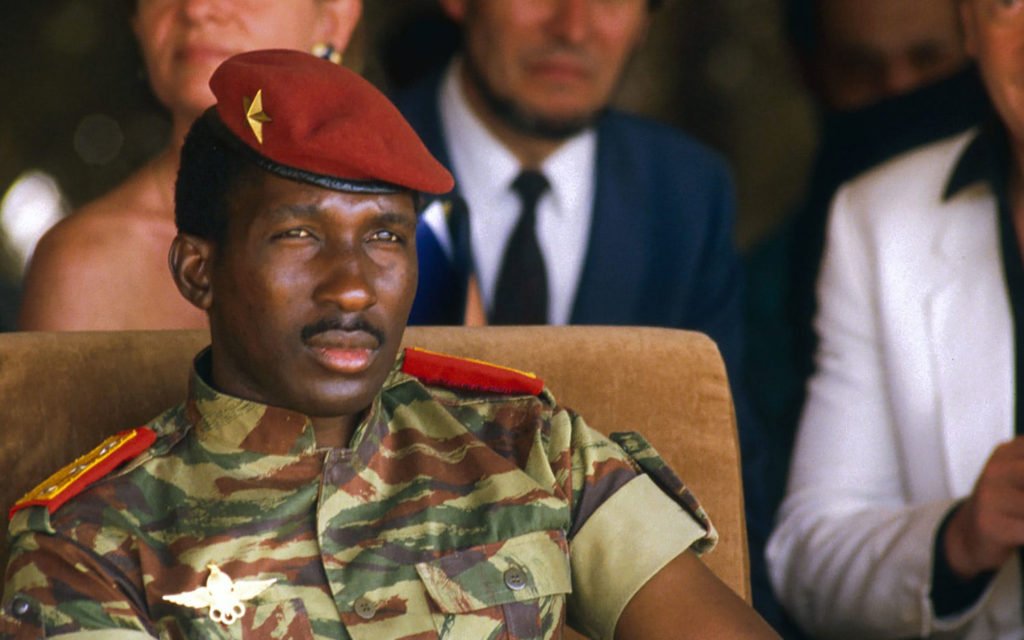As a teenager, Sankara joined the new military academy and honed his political education through books and experience. He personally witnessed revolutionary change when he was sent to Madagascar, as the residents of the country rose up against their French colonial oppressors.
Sankara became a lieutenant and had his own commando training centre. He organised his soldiers into a community force, ensuring they helped the citizens of Upper Volta (Burkina Faso) while elevating their political and social awareness.
In 1980, a coup occurred that overthrew the oppressive neo-colonial government of Upper Volta and Sankara was made a minister the following year. In 1983, after some political instability and another coup, Sankara was named the Prime Minister.
Championing the politics of pan-Africanism, he openly supported other revolutionaries, such as Samora Machel of Mozambique and Maurice Bishop of Grenada. This made him a target for Western governments.
After some political meddling and sabotage attempts by France, Sankara became President in 1983. He condemned the ruling political class and Western colonisers, and vowed to return power to the people of the country.
He arrested many of his fellow politicians for corruption, and made sure wages were structured fairly for citizens.
Industry was catered to work for the citizens of the country and not for the West, as he built 351 schools, 314 maternal health centres, 88 pharmacies, and 274 water reservoirs, and many measures to improve women’s standing and opportunities in society were initiated.
Sankara launched an International Women’s Day - March 8th - where women could both be celebrated and express their concerns with society. He condemned the sexism of his own country, stating “Comrades, there is no true social revolution without the liberation of women".
He initiated a green revolution too, planting millions of trees throughout the country years before any Western leader seriously considered the effects of industrial capitalism on the environment.
He supported the anti-Apartheid struggle and other anti-imperialist revolutions worldwide, and in 1984 Upper Volta& #39;s name was changed to Burkina Faso. He also famously refused to pay any debts to the colonisers of the West and implored all African nations to follow his lead.
Sankara travelled all over the globe to speak with Black people, journeying across Africa, France and the USA, once again showing his pan-Africanism. His revolutionary spirit was not confined to his nation& #39;s borders.
All of his revolutionary actions and advancements for Burkina Faso led to his murder during a French-backed military coup. Blaise Compaoré was installed and overturned Sankara& #39;s policies, ruling as a puppet for the nations of Europe for nearly 30 years.
"While revolutionaries as individuals can be murdered, you cannot kill ideas" - Thomas Sankara
#ThomasSankara #BlackHistoryMonth  https://abs.twimg.com/hashflags... draggable="false" alt=""> #BlackHistoryMonthUK #Thread
https://abs.twimg.com/hashflags... draggable="false" alt=""> #BlackHistoryMonthUK #Thread

 Read on Twitter
Read on Twitter


